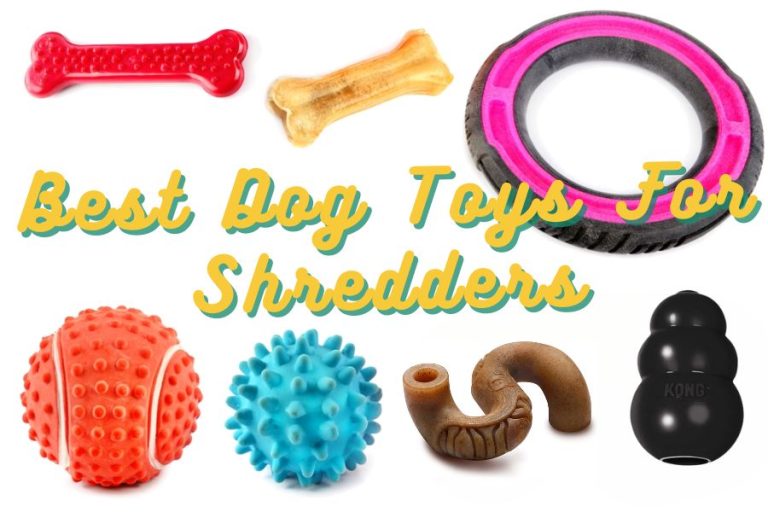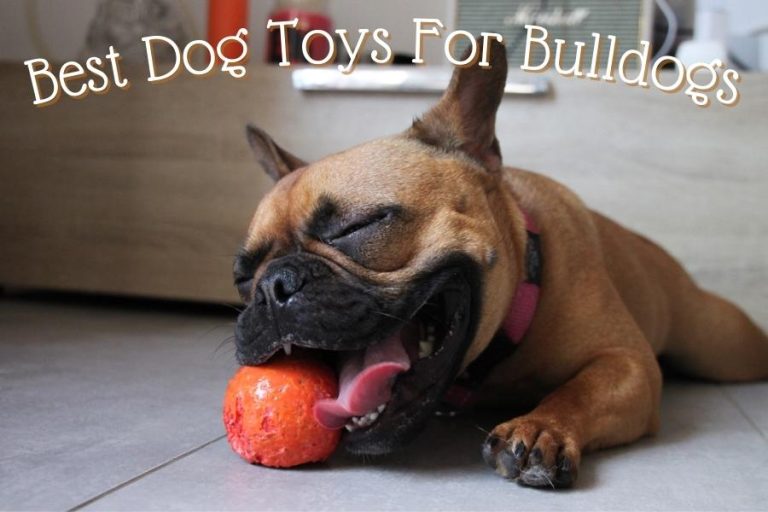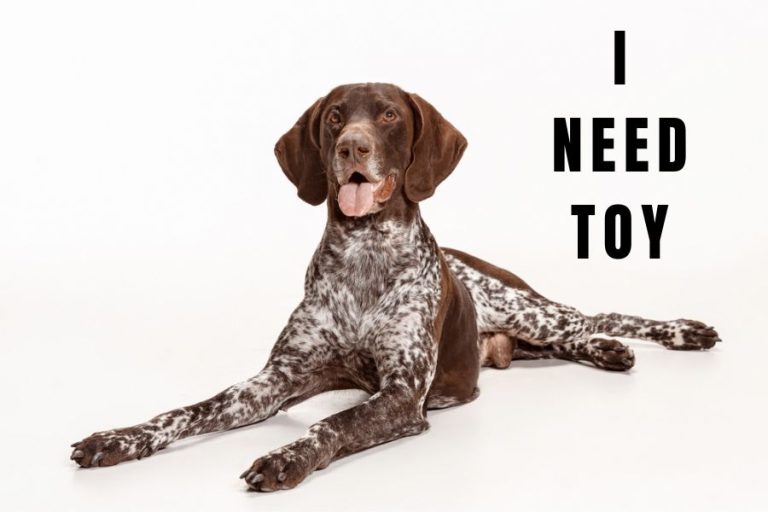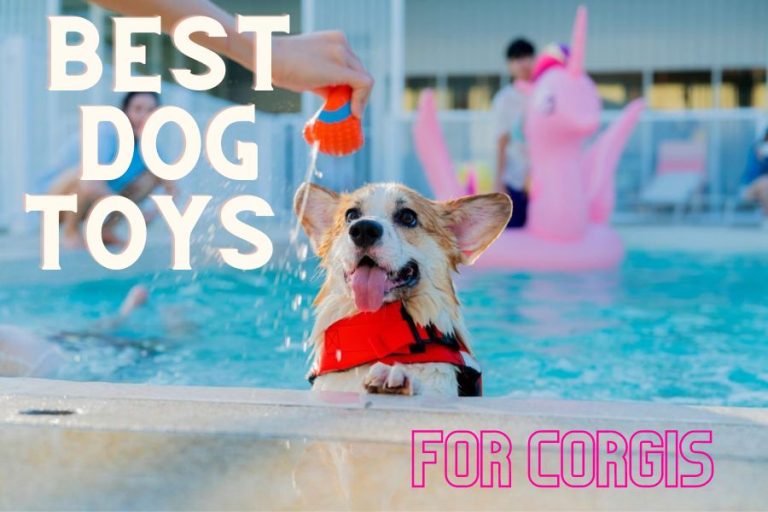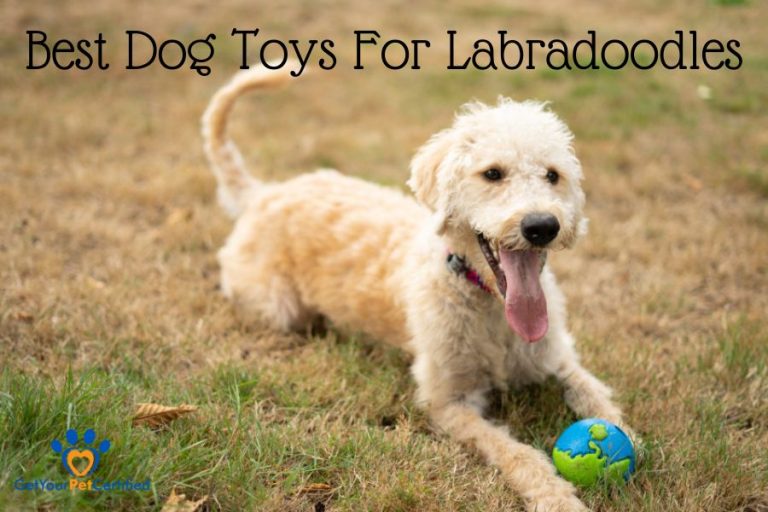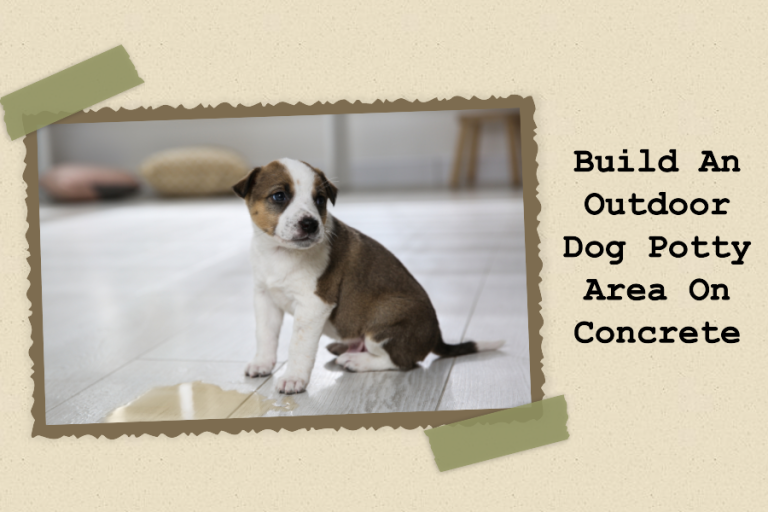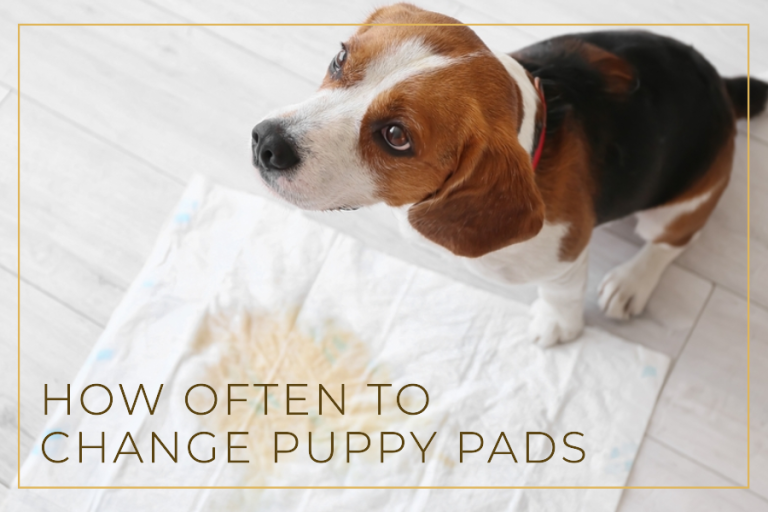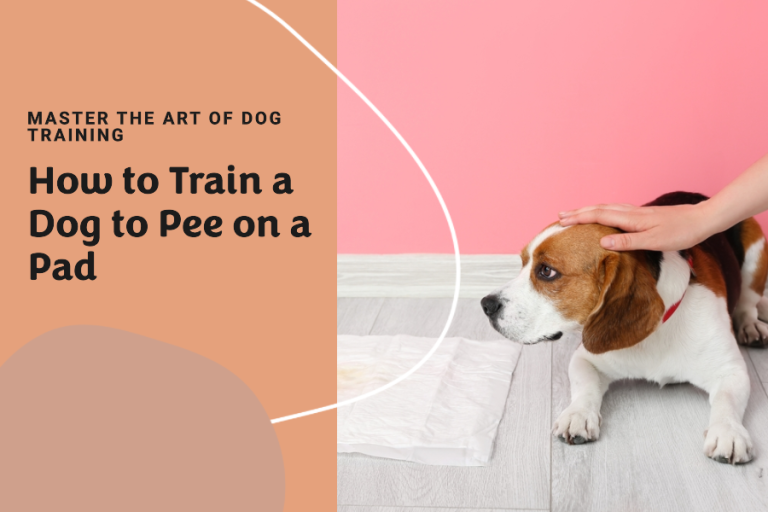Why Are Dogs Obsessed with Peanut Butter? – Fascinating Obsession
You’ve probably noticed the way that your furry friend’s eyes light up whenever you bring out the jar of peanut butter. The undeniable bond between dogs and peanut butter ! This phenomenon has sparked curiosity and amusement among pet owners: Why are dogs obsessed with peanut butter?.
In this article, we’ll explore the scientific, behavioral, and physiological factors that contribute to these activities. From the captivating flavors and aromas to the hidden nutritional benefits, understanding the underlying insights.
The Science Behind Dogs’ Love for Peanut Butter
Composition of this tasty treat
From a scientific perspective, the combination of fats, proteins, and carbohydrates found in peanut butter plays a significant role in making it irresistible to dogs.
- Fats: Peanut butter is a concentrated source of energy and rich in fats. The fats in peanut butter provide a dense source of calories, satisfying dogs’ energy needs.
- Carbohydrates: Peanut butter contains a moderate amount of carbohydrates, which contribute to its texture and taste. Carbohydrates in peanut butter creates a balanced flavor profile that dogs find highly appealing.

Sensory Appeal
Dogs are known to be attracted to the sensory appeal of peanut butter. Here are a few aspects that contribute to its appeal for dogs:
- Aromatic Compounds: Peanut butter has a distinct aroma,dogs have an exceptional sense of smell and are highly sensitive to odors. The enticing aroma of peanut butter can attract dogs and stimulate their appetite, making it difficult for them to resist.
- Texture of peanut butter: pasty consistency can be interesting to a dog’s palate and has been known to stick to the roof of their mouths, encouraging them to keep licking.
- Flavor: Peanut butter offers a unique combination of sweet and savory flavors. The natural sweetness of peanuts, combined with the umami taste, creates a delicious and appealing flavor that dogs find irresistible.
Great source of protein
Peanut butter is a popular treat for dogs and can provide some protein:
- Proteins: Peanut butter contains approximately 25% protein on average. Which is essential for building and repairing tissues, as well as maintaining overall health.
- Amino Acid Profile: Proteins are made up of amino acids, including essential amino acids that dogs need to obtain from their diet. Peanut butter contains a range of amino acids. Which are the building blocks for various tissues and functions in a dog’s body.

The Health Benefits and Risks of Peanut Butter for Dogs
Understanding the potential health benefits and risks associated with feeding peanut butter to dogs is important for responsible pet ownership:
| Health Benefits of Peanut Butter | Risks and Considerations of Peanut Butter |
| Good source of protein for muscle development and repair | High caloric content can contribute to weight gain and obesity |
| Provides healthy fats for energy and coat/skin health | Allergic reactions in some dogs (rare) |
| Some brands fortified with additional nutrients | Xylitol contamination in some brands, which is toxic to dogs |
| Can be used for mental stimulation and interactive feeding | Digestive issues in some dogs, especially in large quantities |
| Potential risk of pancreatitis in dogs with sensitive digestion |
Does Peanut Butter Make Dogs Happy?
Peanut butter can indeed make many dogs happy:
Interactive Treats
When offered as a treat or used as a reward during training, the act of receiving and consuming peanut butter can create positive associations for dogs. Contributing to their happiness and overall enjoyment.
Owner Interaction and Bonding
Sharing peanut butter with dogs can be a bonding experience for both owners and pets. The joy and excitement displayed by dogs when receiving peanut butter can be rewarding for owners. Reinforcing the act of offering it as a form of affection and connection
Treat with Toys
Engaging with peanut butter through interactive feeding toys or puzzles can provide entertainment and mental stimulation for dogs. The challenge of licking and working to extract peanut butter from these toys can be a rewarding and engaging activity for dogs.

Can Dogs Get Addicted to Peanut Butter?
The good news is that you have control over what your dog eats. Although there is no evidence of dogs developing physical addictions to peanut butter. It’s crucial to ensure that owners feed the right amount and consider their dog’s dietary needs.
Personal Experiences with Dogs and Peanut Butter
Many dog owners have witnessed their furry friends get incredibly excited at the sight or smell of peanut butter.
- Peanut butter can be used as a distraction or reward during grooming sessions.
- Commonly used as a filling for interactive feeding toys, such as Kong toys.
- Peanut butter can be a helpful aid when giving medication to dogs.
- Reward during training sessions, encouraging dogs to learn new commands or behaviors


